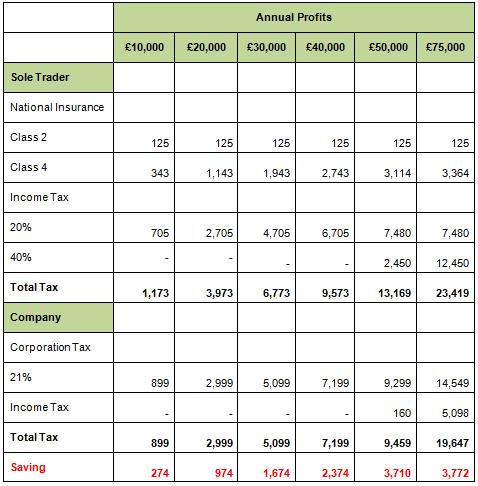Emergency Budget – June 2010
Tuesday, June 22nd, 2010The full budget document can be viewed here through direct.gov
Full Emergency Budget Document
Key announcements included in the emergency budget were:
FAMILY
• Reductions in tax credit payments for families earning £40,000 or more, from 2011
• Child benefit will be frozen for the next 3 years but there will be no changes to who is eligible
• Council tax is frozen for one year from April 2011
• Health in pregnancy grant to be abolished from April 2011
• Child Tax Credit for low income families will increase by £150 per child above the rate of inflation next year
PERSONAL
• Annual allowance for income tax to increase by £1,000 to £7,475 from April 2011 although the higher rate threshold will be reduced so that higher rate taxpayers do not benefit from this change. This is worth £170 a year to basic rate taxpayers.
• Basic rate tax payers will continue to pay tax on capital gains at 18% but from midnight tonight, higher rate tax payers will pay tax on capital gains at 28%
• The annual exemption for CGT is to remain at £10,100
EMPLOYERS
• Increase in the threshold at which employers pay National Insurance by £21 per week
COMPANIES
• Reduction in main corporation tax rate by 1% per year for 4 years, to 24% in 2014
• Reduction in small companies corporation tax rate to 20% from 2011
• Reduction in Capital Allowances from 2012. Plant and machinery allowances reduced to 18%, Allowances for longer term assets reduced to 8% and Annual Investment Allowance reduced to £25,000 per annum
• The standard rate of VAT to increase to 20% from 4th January 2011

